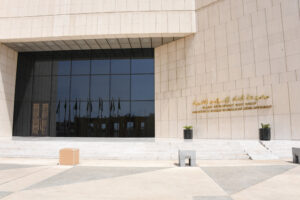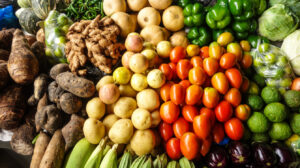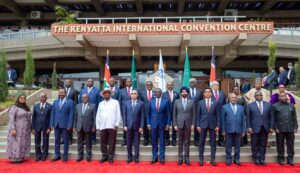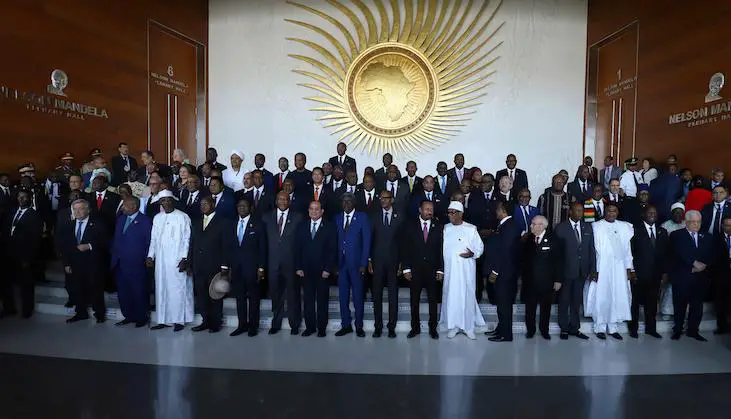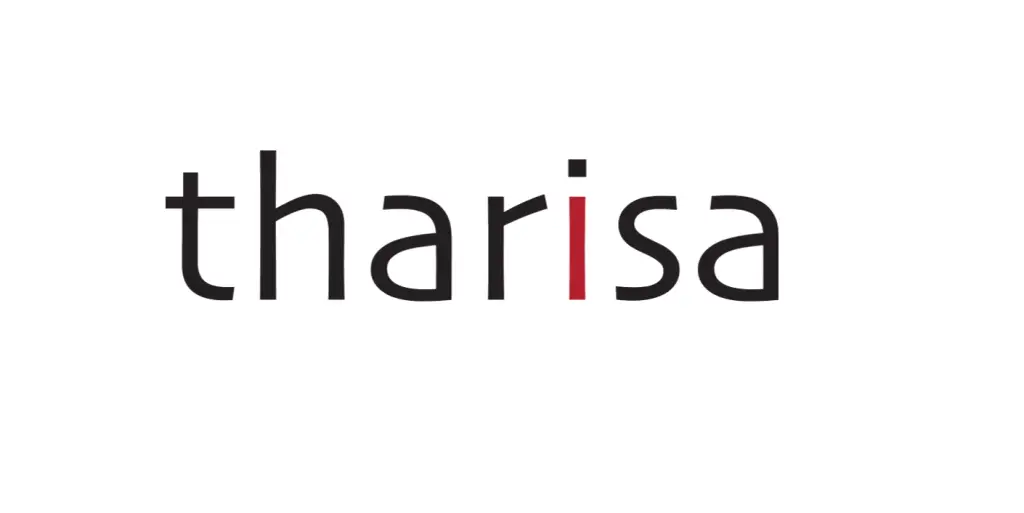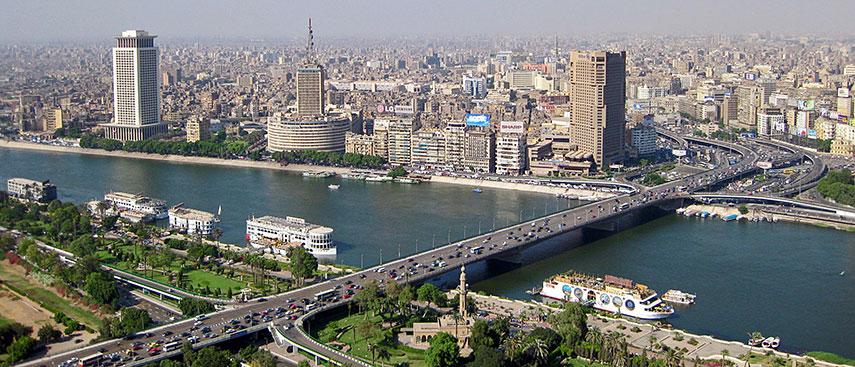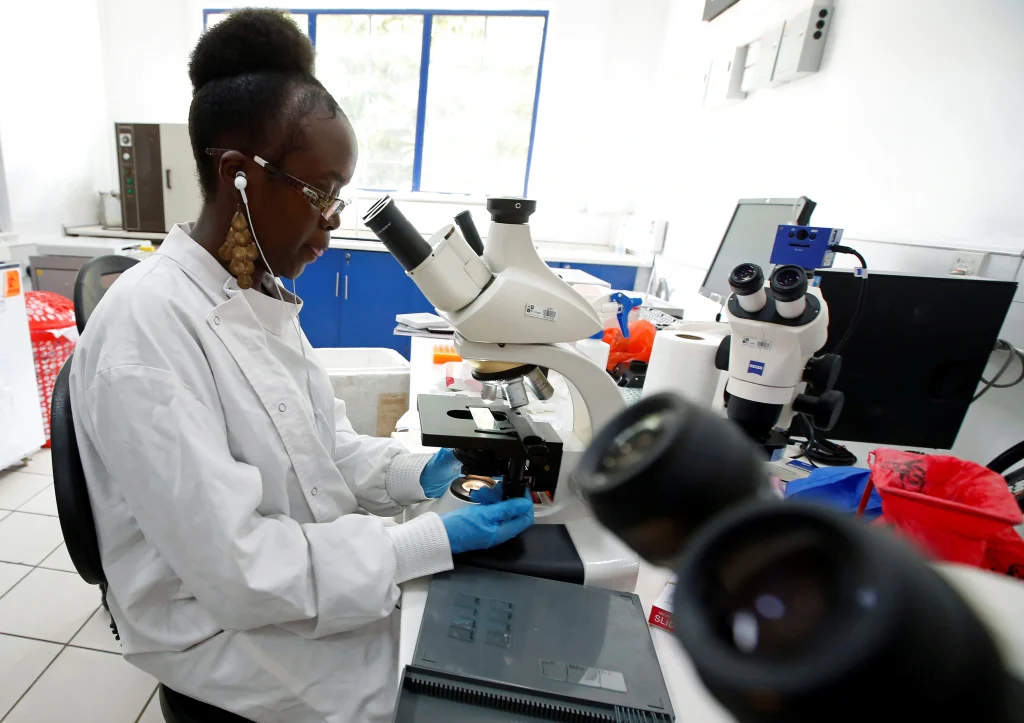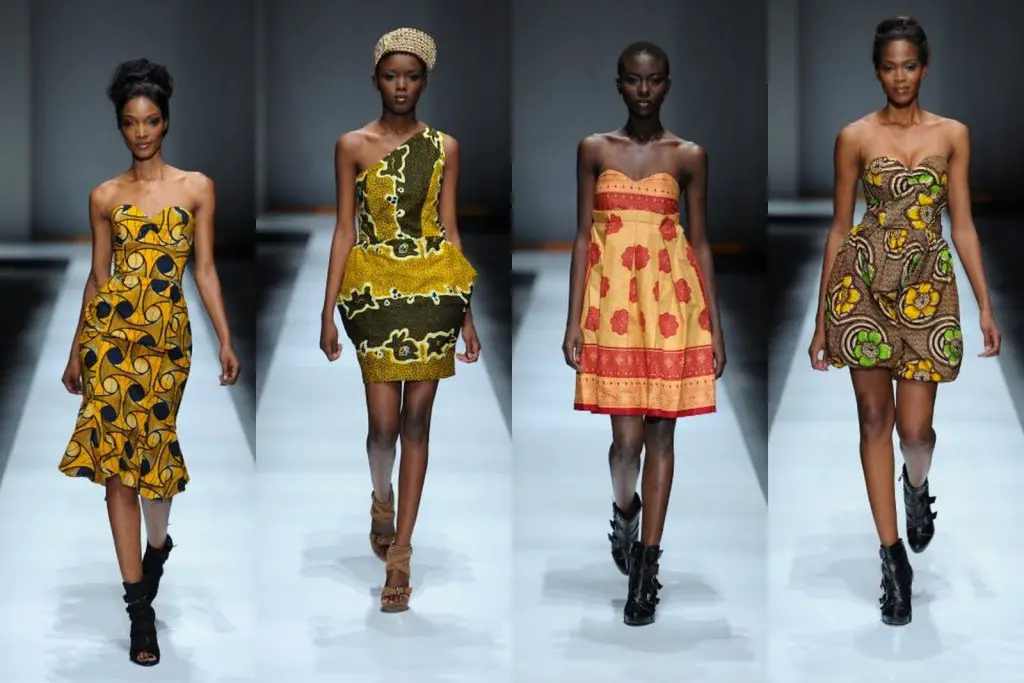- Saudi Islamic Development Bank to the rescue of Uganda with $295 million loan
- Reshaping the future of sustainable food systems in Africa
- African Heads of State call for tripling of World Bank’s concessional financing
- SpaceX offers Starlink kit at half price for first-time Kenyan customers
- Mobile Banking Reshaping the Gender Gap in Financial Inclusion
- Unleashing ideas: AIM Congress sets the stage for over 450 dialogue sessions
- Abu Dhabi welcomes over 330 partners for AIM Congress 2024
- Kenyan Farmers Receive $2M Boost from Africa Fertiliser Financing Mechanism
Browsing: investment
Energy producers argue that Tanzania’s LNG international markets could be worth around 44.3 billion (based on 2021 markets), thus proving how the sector benefits all parties involved in the investment.
The EACOP pipeline is another success story that Tanzania wears as a badge of honour. It managed to win Uganda over and sweep off Kenya from the deal, as Tanzania’s land laws and policies favoured the project timeline. According to information from the EACOP official website, the oil project will transform oil and gas investment in both countries while increasing their FDI by over 60 per cent during the construction phase alone.
Mining is another extractive sub-sector that yields profits for both Tanzania and investors. After facing a series of international legal complications, Tanzania’s new mining landscape is open for business.
Big global miner such as Barrick Gold has solidified investment in Tanzania mines which produce valuable diamond and gold …
Africa’s role in the world economy derives from its economic importance to the rest of the world in international trade and as a destination for international investment. Africa has recently become home to the largest free trade area in the world, both by area and by the number of countries.
As economies have been hard hit by the Covid-19 pandemic, the Africa Continental Free Trade Area (AfCFTA) holds economic promise for the continent. The AfCFTA comprises 55 countries with a population of 1.3 billion and combined GDP of about $3.4 trillion. Business leaders and observers regard economic and regional integration as essential for accelerating Africa’s manufacturing, e-commerce, and digitization to reduce an over-reliance on imports, especially from China.
However, there is still much more to do as major components of the agreement still must be negotiated, between many countries and regional economic communities. Moreover, according to the IMF, removing non-tariff …
- Tharisa PLC will be the latest foreign platinum mining firm to enter and invest in the Great Dyke in Zimbabwe.
- The Great Dyke has the second-largest platinum reserves in the world after South Africa.
- Tharisa has entered the Zimbabwean platinum mining sector through Karo Mining Holdings which owns the Karo Platinum Project.
- Tharisa will get into an 85%-15% joint venture with the government of Zimbabwe.
- The Karo Platinum project is expected to come on stream in 2 years and produce at least 150,000 ounces of the precious metal a year.
https://theexchange.africa/investing/investment-in-africa-2022/
Tharisa PLC which is listed on the JSE took control of Karo Mining Holdings when it increased its interest in March from 28% to 85%. The company is building a mine which it has named the Karo Platinum Project and is envisaged to take at least 20 years to complete. The first phase of the mine’s development is expected …
In Nigeria, where an estimated 38 million people, or 36% of adults, remain financially excluded, the government has set a target of 95% financial inclusion by 2024.
While this may seem like an ambitious goal, that will require institutions to re-strategize initiatives and policies to accelerate the delivery of financial inclusion services, a lot of tech-backed firms are being developed in the West African country to help achieve this goal.
Among them is Lagos-based FinTech unicorn Interswitch which seems to have heeded that call, leveraging its position as a market leader in digital payment services to bridge the massive financial inclusion gap and help bring as many people into the financial and economic fold as possible.…
Due to the pandemic, the topic of innovation in education has never been more crucial.
While most developed countries moved their classes online with ease, many developing countries have had a hard time adapting to the home-school model due to a lack of infrastructure and the high cost of data.
According to the United Nations Educational, Scientific and Cultural Organization (UNESCO), 91.3% of the world’s learning population was impacted by global shutdowns brought about by the pandemic.
This means that about 1.5 billion students were not in school, a situation that largely impacted developing nations, a lot of which are in Africa. …
- Nigeria is mostly reliant on petrol but it is also a developing market, with expanding service, financial, technology industries, and communication
- GDP can help investors make investment decisions because a weak economy frequently indicates lesser earnings and stock values
- South Africa’s economy is well-diversified and it relies on a variety of sources for its stability
While there are a variety of approaches for comparing different countries’ wealth, one of the most effective is to examine the individual country’s gross domestic product, also known as GDP.
During a given period, the gross domestic product (GDP) of a country is the conventional metric of value-added via the production of goods and services in that country, as measured by the United Nations. The amount paid on finished goods and services, as well as the amount of income produced from that output, is included in this calculation (fewer imports).
The Gross Domestic Product …
The continent’s digital revolution can largely be driven by building the necessary skills for the short- and long-term future, and this starts in the classroom.
The recent technological influx across Africa, largely boosted by the adoption of mobile phone use, needs to be capitalized upon by the education sector.
This can be achieved through reimagining the education landscape by addressing the challenge of exclusion through increased investment, to achieve quality education in science and technology for all.…
- Africa’s fashion and textile industry is the second-largest sector after agriculture with an estimated market value of US$31 billion
- The use of tech in fashion has been brought to a much broader scale including the use of apps and the creation of smart textiles
- As the majority of Africans were forced to stay home, there emerged countless online clothing stores, most of which were using social media (Facebook, Instagram and Twitter) as marketing tools
Like many other sectors across the continent, the fashion industry is also taking to embracing technology to improve operations.
Africa’s fashion and textile industry is the second-largest sector after agriculture with an estimated market value of US$31 billion in 2020 and growing annually.
While combining tech with fashion may seem farfetched, technology has always been an essential factor in the production of clothes and the different styles in fashion since the beginning of time.
It is …
- Social commerce may seem like a more foreign concept but it is widely used across Africa
- Online shopping has gained more popularity during the Covid-19 crisis, turning social networking platforms like Facebook and Instagram into business tools
- Social commerce- which is abbreviated as s-commerce- represents the integration of shopping and social media
When the Covid-19 pandemic hit back in 2019, a majority of individuals were forced to turn to social media platforms in search of goods and services.
While most people view this as the growth of e-commerce across the globe, it also gave rise to the growth of social commerce.
Social commerce may seem like a more foreign concept but it is widely used across Africa.
Online shopping has gained more popularity during the Covid-19 crisis, turning social networking platforms like Facebook and Instagram into business tools.
Social commerce- which is abbreviated as s-commerce- represents the integration of …
The Government of Rwanda has announced an agreement with KOKO Networks (“KOKO”) to develop the nation-wide renewable cooking fuel utility that is said to be the first in the world, an initiative that will increase the use of clean energy for cooking in the East African country.
KOKO, Kenya’s clean energy firm has partnered with Dalberg, a global group of businesses that builds an inclusive and sustainable world, to establish KOKO Rwanda, in order to develop a nation-wide network that is expected to enable convenient clean fuel access for all Rwandans.
Network of Bioethanol Cooking Fuel ATMs will enable convenient access to ultra-clean cooking fuel for all Rwandan homes, replacing deforestation-based charcoal.
According to Rwanda Development Board (RDB), Rwanda is targeting universal access to clean cooking by 2030, in order to solve the deforestation, carbon emissions, and indoor air pollution deaths caused by the use of charcoal and wood for …
